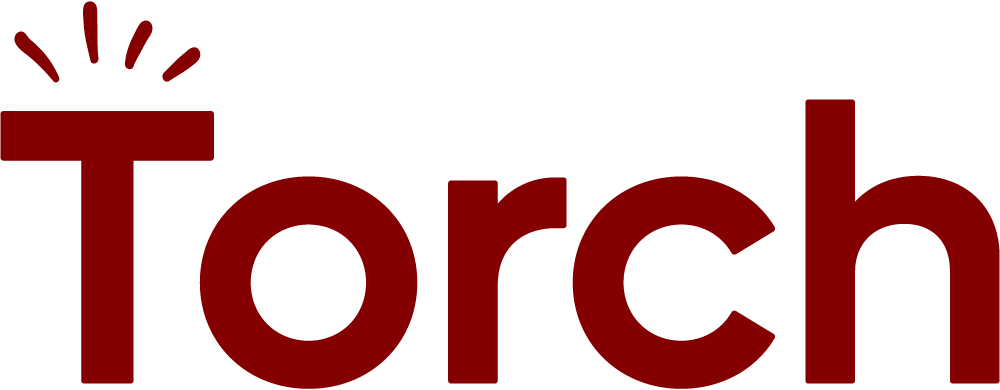If you want your leaders to get the best out of coaching, ensuring they have the right coach match is the first step. At Torch, our coaches are the heart of what we offer. Their expertise goes beyond a certification; all Torch coaches have strong credentials paired with real world business experience.
As your leaders are about to embark on their first coaching relationship, knowing that they’ll connect with their coach is often a top concern. We’re proud to say we consistently sustain a 96% coach match success rate for our clients.
Here we explore how to evaluate a good coach match and more about the coach matching process at Torch. First, let’s look at the importance of interpersonal chemistry, business experience, and certifications on creating the foundation for a successful coach match.
The importance of interpersonal chemistry
When a leader has their initial call with a coach, it’s a good sign if they’re feeling excited afterward. It takes vulnerability to prepare to dive into 360 assessment feedback, work through blind spots and share challenges and opportunities, so the chemistry between coach and client is important.
At Torch, our coach matching survey assesses things like preferred coaching style, personality type, and career context to help make the right match from the start. For example, we use a Big 5 Personality Test to evaluate personality compatibility based on extraversion, agreeableness, openness, conscientiousness, and neuroticism. This assessment looks at these five traits on a scale from low to high. For example, questions around extraversion are also gauging for introversion. This is because most people lie somewhere between the two extremes for each trait.
Our coach matching survey uses these personality traits to evaluate a good match. This might mean matching people who are both extraverted, or it can mean matching people who are on slightly opposite ends of a spectrum so that the coach can add additional perspective.
The right match takes into account additional context like overall coaching style which is assessed from the coach and client’s perspective. For example, some clients might want a coach who is more encouraging and supportive versus challenging and assertive. This allows the client, your leader, to make it clear from the beginning what will be most motivating for them in the relationship.
The importance of business experience and certifications
While it’s important for coaches to have a background in leadership and business in general, and industry/organizational context is one factor in our coach matching algorithm, we’ve found that it’s not imperative that a coach has exactly equivalent experience to the clients they are coaching. While some leaders want to be coached by someone who looks like them but in five years, this isn’t the primary factor of a great coach match (but it is a larger component of great mentorship).
In addition to varied business experience, Torch coaches have specific training and certifications in the domain of coaching, and often additional education in a relevant field. This means that no matter if their background directly matches the experience of a client, they know how to coach them in the right direction.
The best method to evaluate coach match success
Tawni Cranz, HR Leader and Former Head of People at Waymo has both been a recipient of coaching and overseen coaching programs internally. She says, “The evaluation is especially important for coaches when you think about the influence and the power that they have with the leaders within your company. For me, I look for individuals that truly excel in terms of their emotional intelligence, their self-awareness, their ability to be emotionally mature in really difficult situations.”
Learn more from Tawni on coach matching in her interview with Torch CEO Cameron Yarbrough
We’ve found that the best way to know whether a coaching relationship is successful is by measuring success towards goals. The reason a leader enters into a relationship with a coach is to make progress on their skills. If a coach is able to help someone achieve their goals, whether they be related to communication, managing conflict effectively, or building emotional intelligence, that relationship is successful.
With Torch, finding the right coaching match for your leaders is achievable. Our vetting process takes the burden of sourcing and matching coaches with your leaders off of your plate.
To learn how to pilot and implement a leadership coaching program for your organization, download our Building Leaders At Scale guide.


